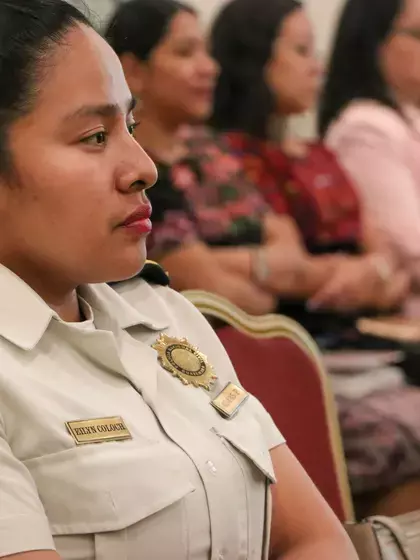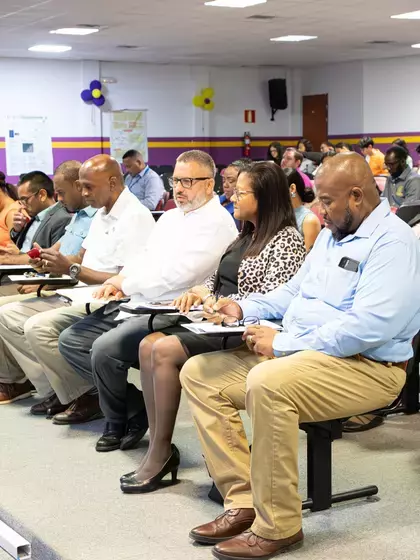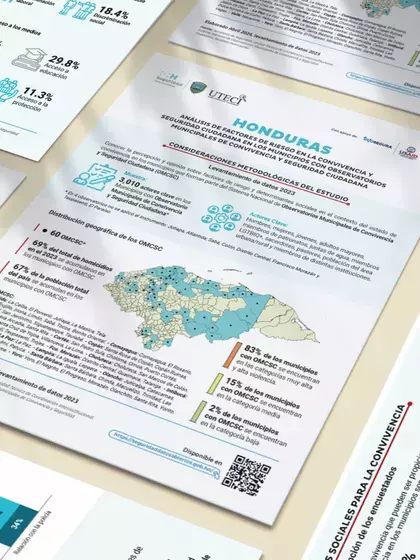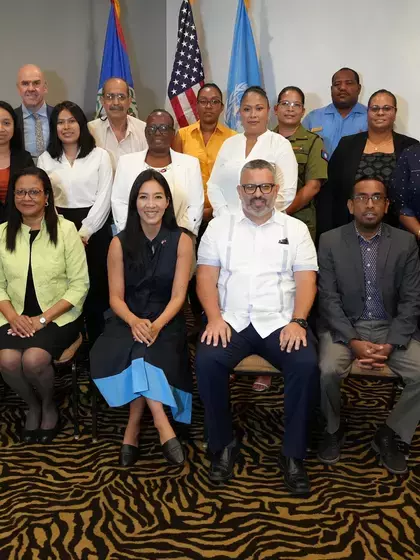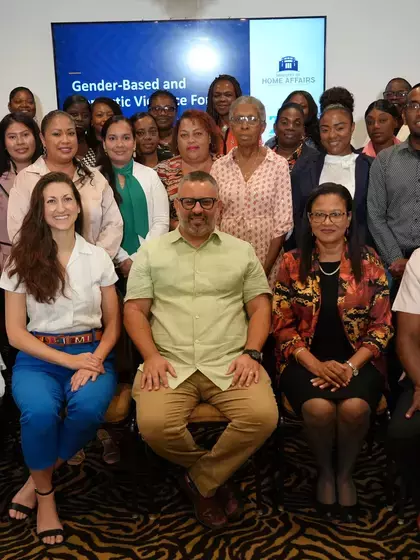New Digital Tools to Prevent Violence against Women and Girls in Honduras

With the assistance of the InfoSegura Regional Project, which is implemented by the United Nations Development Programme (UNDP) with the backing of the United States Agency for International Development (USAID), two new digital tools were introduced to help reduce and prevent violence against women and girls in Honduras. The Specialized Municipal Situation Analysis on Violence Against Women and Girls, as well as the online AI assistant called MARIA (Module for Automated Response, Information and Assistance).
The Specialized Municipal Situation Analysis on Violence against Women and Girls allows gives users insights into the state of violence against women and girls in the 298 municipalities of Honduras at the village level and to access variables that characterize risks, peaceful coexistence and citizen security. There is a substantial amount of information based on official data, helping to make decision making processes evidence-informed, and so lead to policymaking that is gender responsive. This is an important component of municipal-level prevention. Data is updated as the fieldwork is being done by the Technical Inter-Institutional Coordination Unit (UTECI) of the Secretariat for Security of Honduras, and there are institutions in charge of verifying the information.
The MARIA Chatbot is a free and confidential chat, designed to help prevent violence against women, girls and adolescents. It provides information for use in identifying cases of violence, and provides guidance on support services, legal counsel, emergency phone numbers and a security plan in the event of a violent episode.
Chatting is easy with MARIA; it is like talking with friends on any other platform. The AI assistant is accessed online from a computer or cell phone, but personal data from the interaction is not stored. The tool is available to anyone at any time of day, seven days a week.
MARIA is a complement- or first contact with emergency hotlines that respond to violence against women, girls and adolescents in Honduras. It is not a substitute for the corresponding institutions and authorities. Its function is to provide users with the information they need to contact the corresponding professionals.
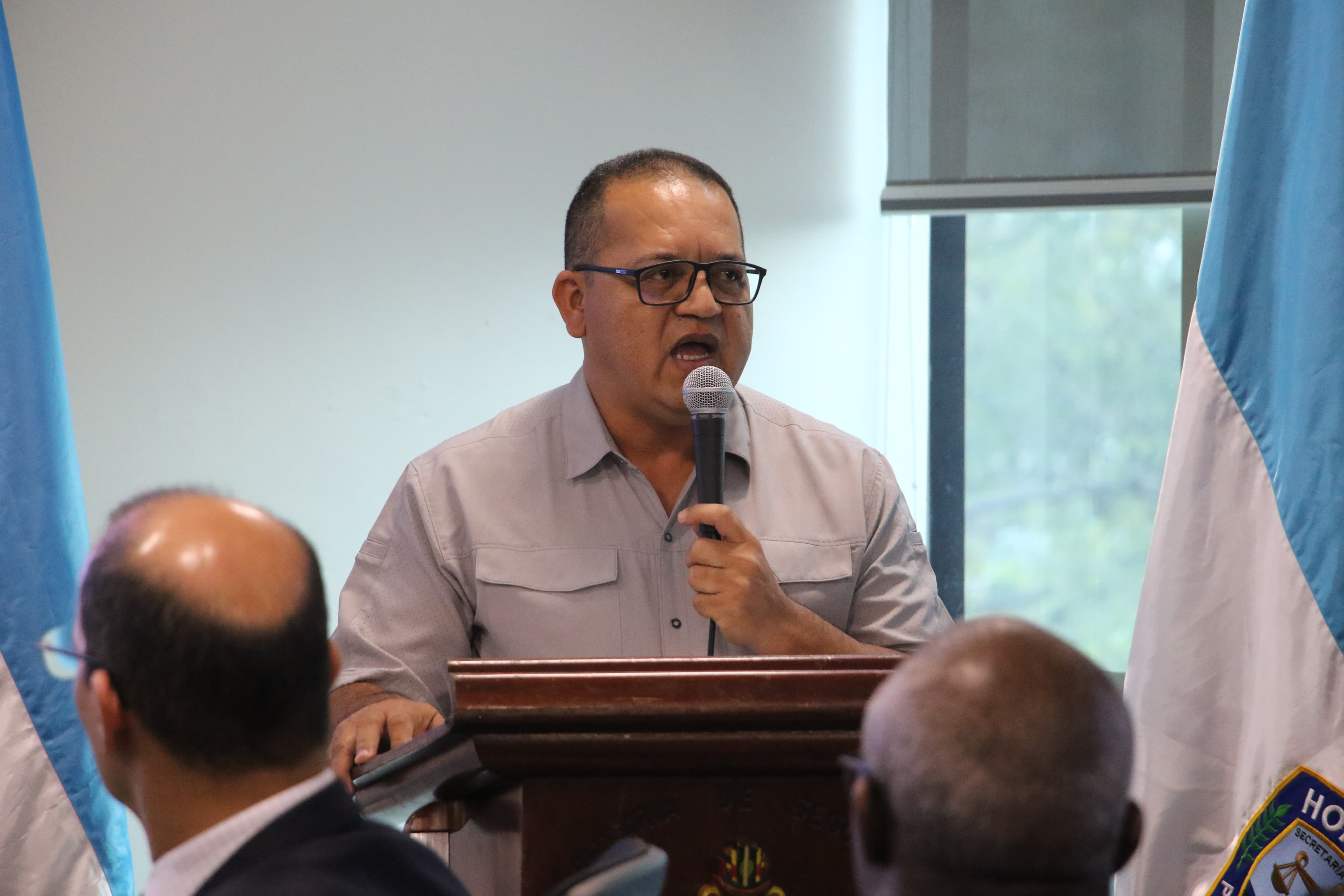
“Grasping the dimension of violence that affects women is essential, so that it can be made it available to decision makers at every level to act and work together to eradicate it; so is making the tools available for the population to use. We have advanced in making specialized telephone hotlines for violence against women and girls available to citizens, such as the 114 hotline and now the MARIA Chatbot and making available the official data that is strengthened in consensus by all interested parties. I would like to express my thanks to USAID and UNDP for the sustained work and contributions throughout the years in favour of citizen security.”
General Hector Gustavo Sanchez Velasquez, Secretary of State in the Office of Security.
Results indicate that one in two women has been subjected violence in their lifetime (some 1.8 million women); and one in three women has experienced multiple forms of violence in their lifetime, whether intimate partner violence or psychological, physical, sexual, property and/or economic violence. Out of every ten women, nine failed to report or seek help when experiencing violence, and the main reasons for not seeking help were, “it wasn't anything unimportant,” “I did not know what institution to turn to,” and “fear or apprehension of consequences or retaliation.”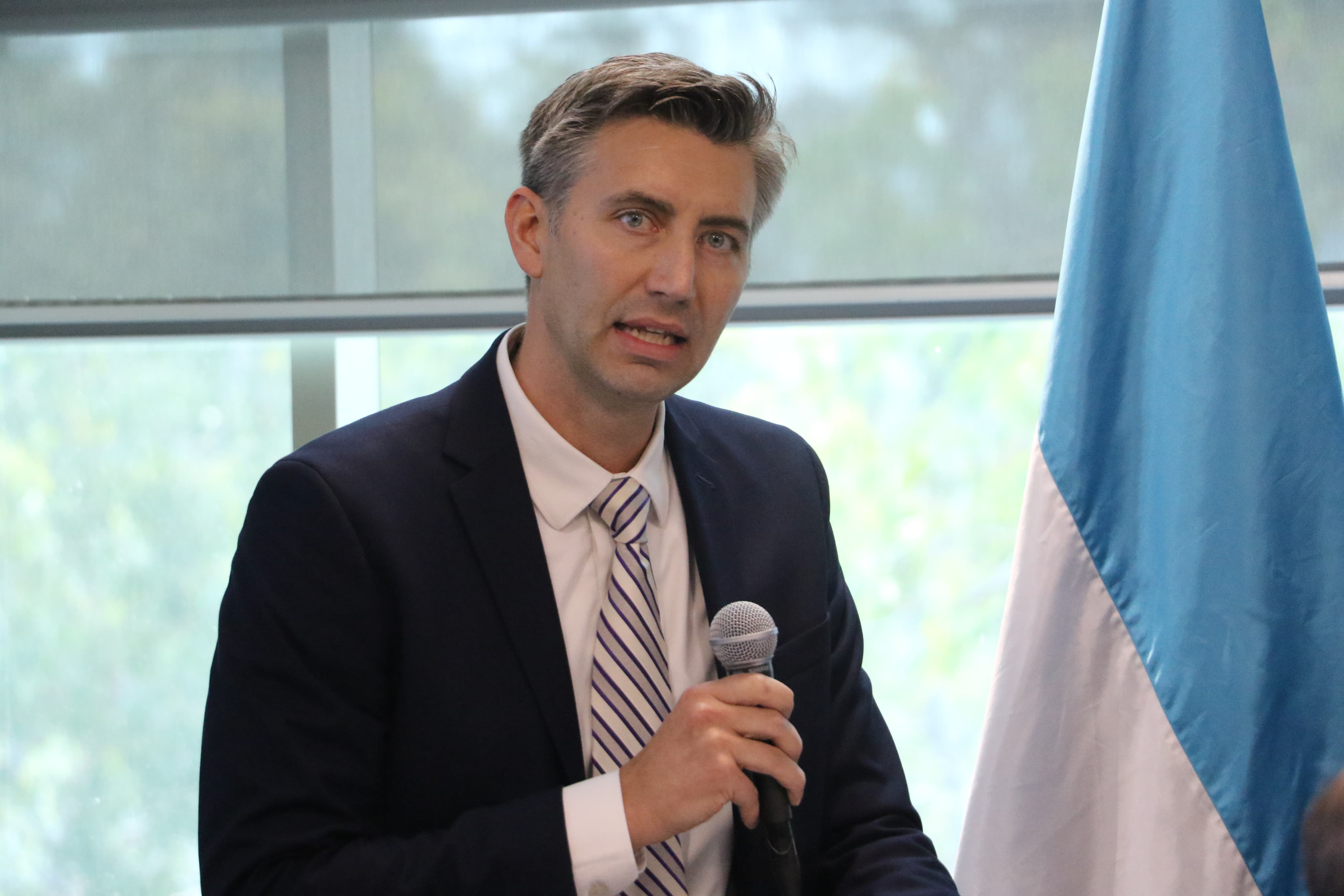
“As USAID, we support all of those actions and initiatives that are geared towards the prevention of violence, because this is a responsibility that authorities and citizens share alike. This affects us all.”
Scott DePies, Citizen Security Team Leader, USAID Honduras.
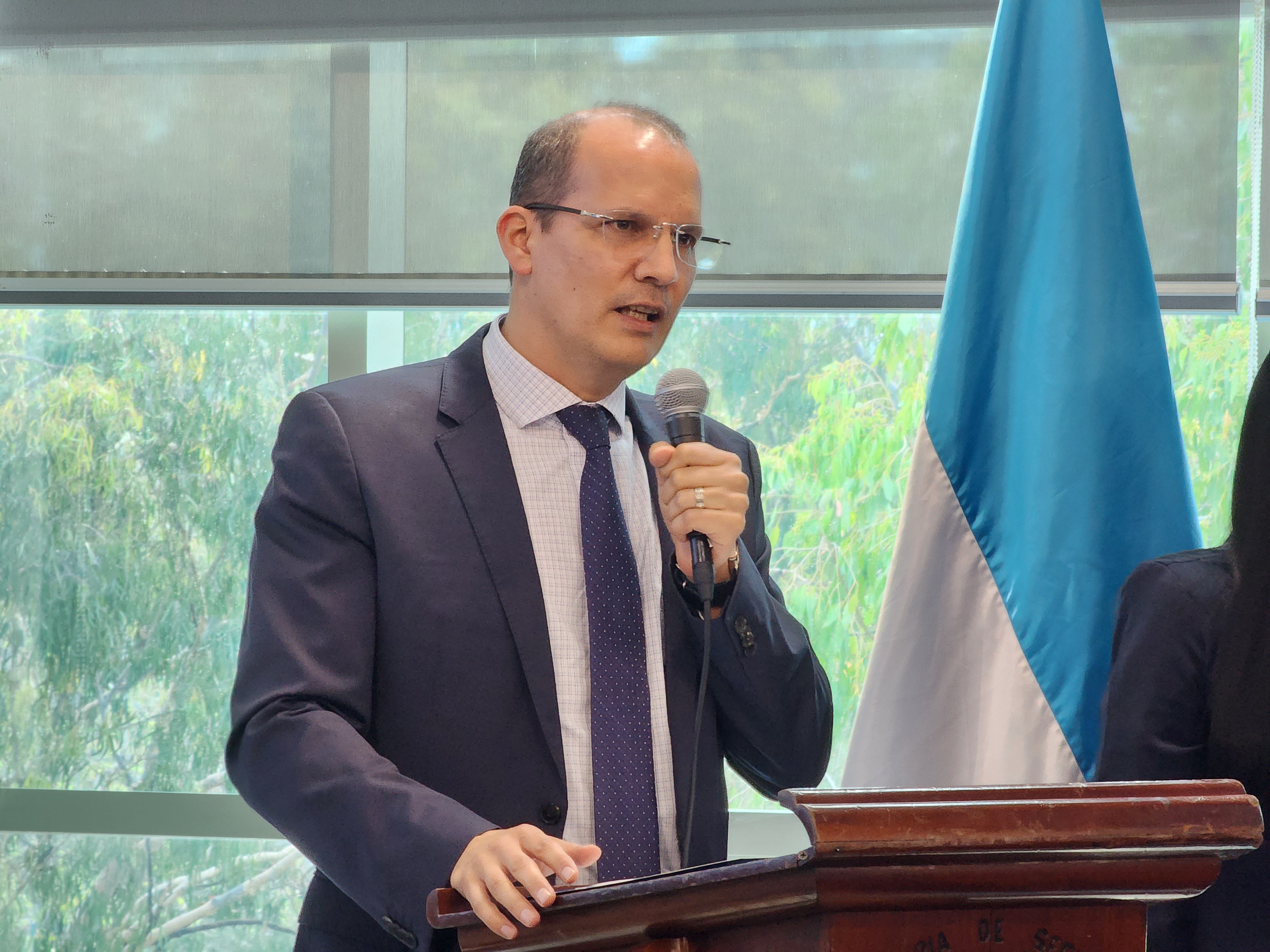
"With these innovative tools, the UNDP reaffirms its commitment to strengthening institutional capacities to eradicate violence and guarantee the rights of women and girls, helping them to be free of violence.”
Richard Barathe, UNDP Resident Representative in Honduras.
Honduran women who are currently subject to violence may seek immediate assistance calling 911 or the 114 hotlines, the latter specializes in responding to violence against women and girls, and they can chat with the MARIA digital assistant.

